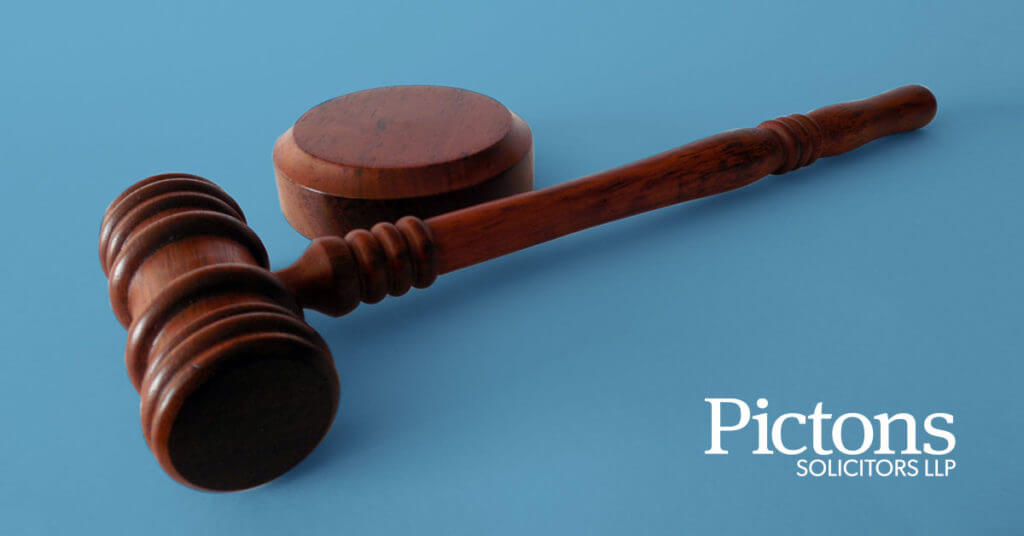Property Auctions – opportunity or risk?

Property auctions could be set to rise as we come out of the pandemic. The impact of the lockdown may require property owners to change strategy and seek to dispose of stock superfluous to requirements. Many pubs and restaurants if unable to trade until December could be severely impacted and investment owners may look to change the mix of properties in their portfolios. Selling at auction for probate matters is a quick way to liquidate assets and this is usually a preferred option for beneficiaries. But are auctions just for developers and landlords? In short no, but buyers should have researched the process in advance of any bid.
There are some very obvious differences between an auction and the conventional sales process. Most obviously the speed of the process. Once the hammer falls at an auction that’s pretty much the property sold. Bidding is normally open and transparent.
There are some downsides and risks associated with an auction but these are normally controllable by the buyer. Key issues include not getting carried away bidding beyond what you can afford or bidding on a property you have not viewed. It is also essential to consider the properties that you would be interested in bidding for at auction in advance. Allow yourself enough time to appoint a solicitor to review and report to you on the legal pack Often if your solicitor has sufficient time they will be able to raise enquiries on the contents of the legal pack early on. Once the bid has been made and the hammer has fallen it is very difficult to raise enquiries or seek rectification of any issues.
Key points to check for are:
- Ensure the seller is the person/company named on the title.
- Look for restrictions and any matters registered on the title.
- Look out for random contracts, court orders and notices that might form part of the legal pack. These probably will impact the property significantly if not fully understood so it is vital you obtain legal advice on the implications before you bid.
- Make sure any mortgage will be cleared off the title when you take ownership and
- There are many other factors which need to be considered such as the structure of the building, rent arrears and the implication of occupying leases on the investment.
Budgeting for an auction purchase is crucial. Not only must a buyer ensure they complete within the timeframe (usually 28 days) and ensure funding is in place there are other costs associated with buying at an auction. These include:
- An auction house administration fee
- Stamp duty
- Normal solicitors fees for the conveyancing, you may also be required to reimburse the seller for the cost of searches
- property insurance
- Investing in a full structural survey and even an investment review
If you need third party funding, you will need to have secured an ‘agreement in principle’ in advance of bidding. Once you have secured the property you will need to pay a deposit immediately and the balance purchase price on completion.
In recent times we have seen the emergence of the ‘modern method of auction’. This is a somewhat different approach whereby some estate agents allow buyers to bid on a property on line. There will be a reservation fee to pay but there is a longer period of time to complete the purchase allowing a buyer to apply for finance.
Generalisations are dangerous but auctions can offer significant value and there can be bargains to be had. If you are considering buying or selling via an auction give our property team a call to discuss your requirements.
T: 0800 302 9448
E: info@pictons.co.uk